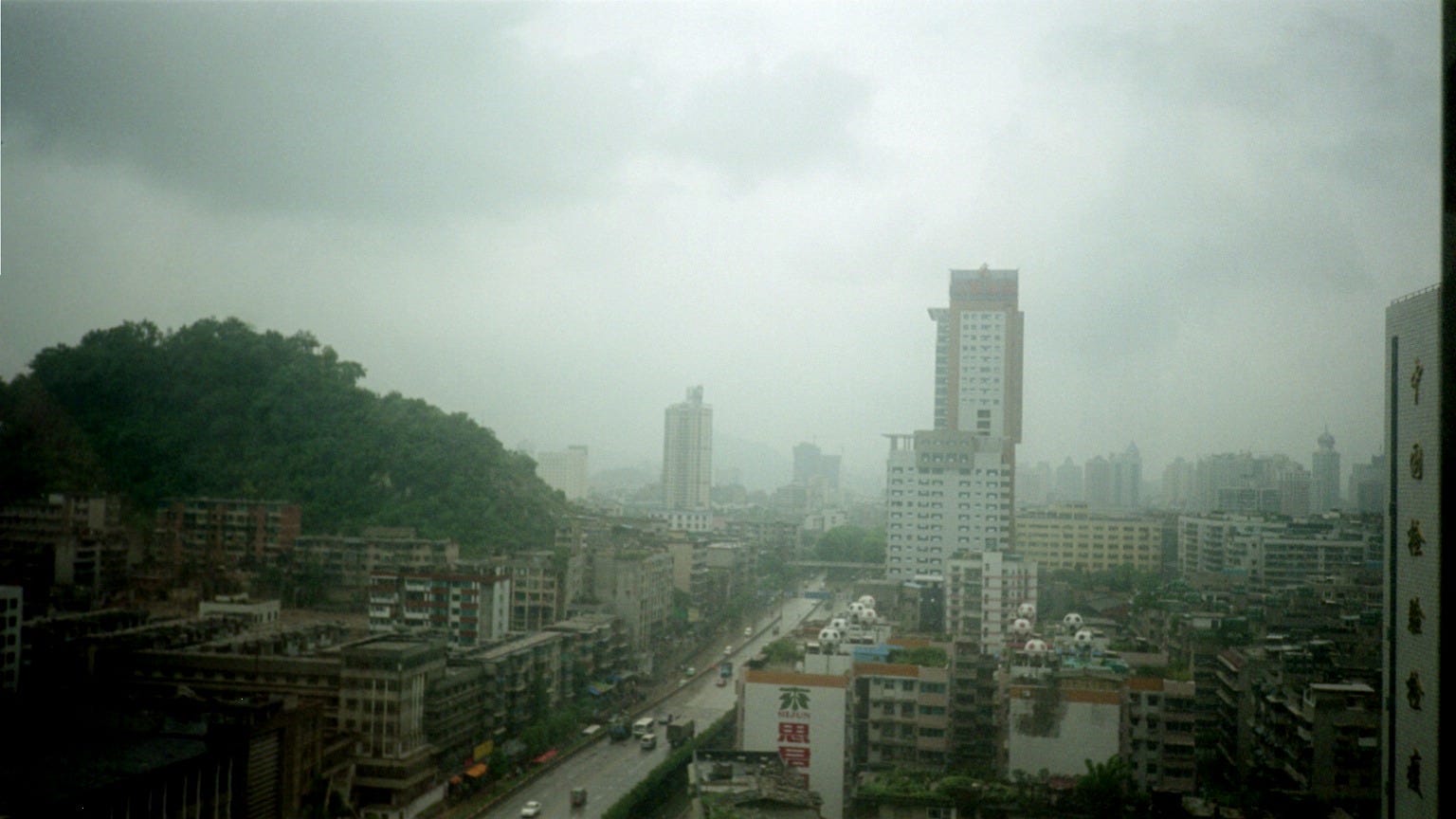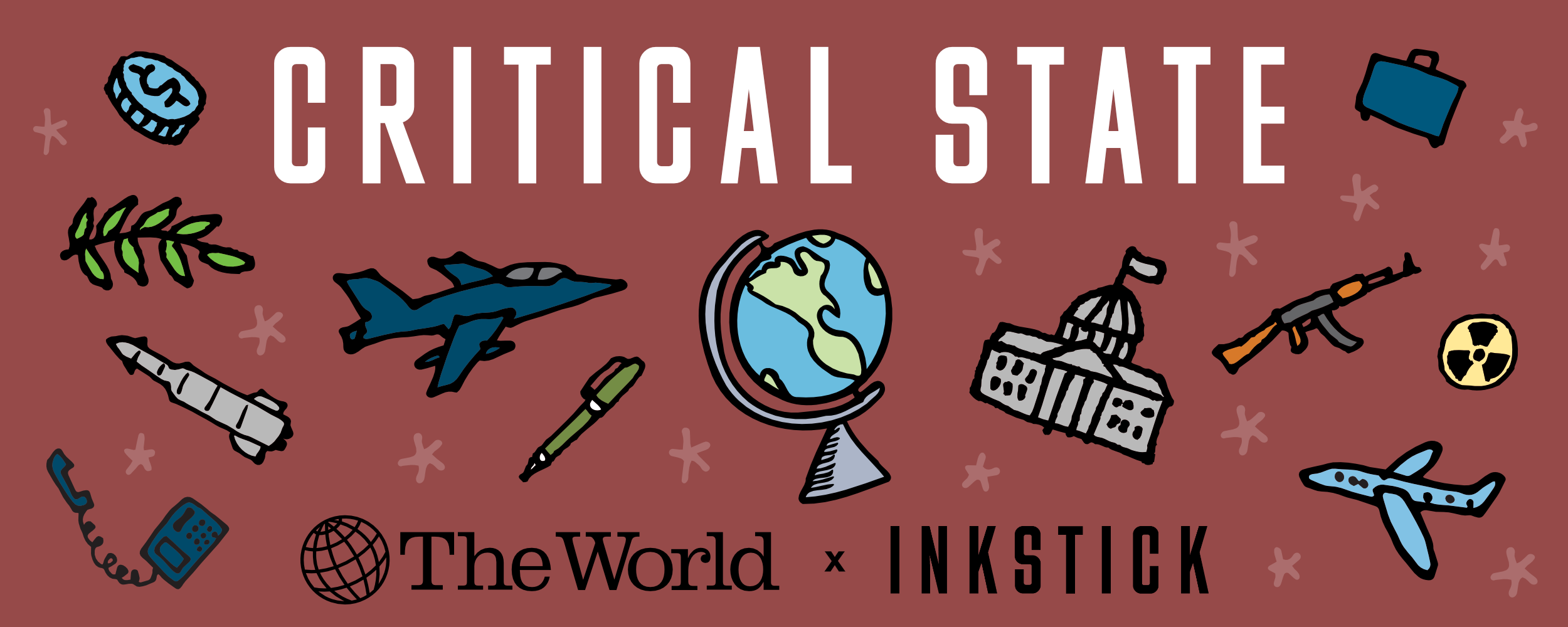|
In Africa Is a Country, Elizabeth Cooper and Gitonga Wandai explore the freedom that comes with hiking as a Kenyan in Kenya. For many, they write, global travel is still hindered by visas and other administrative states, but a growing number of “Kenyans are taking up hiking, a trend facilitated by the growing multitude of small, Kenyan-owned tour businesses encouraging people to explore outdoor spaces.”
Although tourism in the country caters to foreigners, they write: “Allowing less controlled interactions between visitors and Kenyans would complicate the reductionist commodification of the country that has been so profitable for predominantly foreign corporations, as well as white settler businesses in Kenya.”
Yet, a rising middle class has meant more tourism for Kenyans in Kenya, and while that first meant beach and safari companies, “this hegemon is beginning to crack as hikers venture into different spaces.”
The authors describe this as literally and metaphorically “pathbreaking.” Through hiking, Kenyans are coming to appreciate their own country in a new way, deepening respect for the natural world, and, in visiting different parts of Kenya, interacting “with people of different backgrounds, sharing food and information, feeling more comfortable among others they’ve previously only heard stories about.”
If You Read One More Thing: German Grassroots
In The Dial, Emily Schultheis looked at a grassroots organization in Germany that is trying to tackle the rising far right.
The effort was started by Serpil Temiz Unvar, whose son was killed in an attack targeting immigrants (the violent rampage was carried out in 2020; nine people were murdered). Angry at the government’s lack of response, she “founded an educational initiative aimed at fighting racism in schools; testified on the Hanau killings in the state parliament of Hesse, where Hanau is located; and worked with the family members of other victims to pressure the government to take action to prevent future racist attacks.”
In doing so, Unvar herself has become a target of racist, xenophobic vitriol. But she also hopes to create a cross-border network to support families of victims of terrorism. Still, she “admitted that it can be difficult to press forward with her activism while feeling that no matter how hard she works, or how hard others work, her efforts are unlikely to change a country unwilling to address its shortcomings when it comes to welcoming and safeguarding immigrant communities.”
Chinese Datascape
 |
Gary Zhexi Zhang writes in Noema about a Chinese challenge: integrating marginal provinces into the Chinese national project.
Zhang considers the case of “an expansive infrastructural development area called Gui’an New Area.” More than a pilot for new investment, though, Gui’an New Area is “also part of a wider project of embedding infrastructural logic into non-urban landscapes, as opposed to the metropolitan central business district-style innovation ‘zone’ seen in cities across the country.” And in this new future, “data is paramount,” so much so that we are encouraged to think of it not as a landscape, but a datascape.
Zhang explores how this fits into Beijing’s determination to incorporate the whole of the country into the “state technology stack” and, in the context of US-Chinese competition, for “technological sovereignty.” The extent to which it succeeds in doing so, as well as whether it can turn investment excess in such places to economic adjustment, “is a test of the Chinese state’s ability to empower and to cohere.” But the hinterlands, Zhang writes, could well be “critical nodes in China’s project of becoming a ‘Cyber Superpower.’”
Deep Dive: Sweden’s Right Turn
What impact do radical right parties have on local opinion? That was the question before Karl Loxbo in a new article, “How the radical right reshapes public opinion: the Sweden Democrats’ local mobilization, 2002–2020” published this month in West European Politics.
Previous research had already suggested that radical right parties reshaped Europe’s party politics by polarizing voters and prompting policy changes from more established parties, but, per Loxbo, there was relatively little on what impact they had on voters’ preferences and ideologies.
This study was intended to fill that research gap. Loxbo focused on one country — specifically, Sweden — in order to “to analyze the interplay between voters’ attitudes (the demand side) and [radical right parties’] local mobilization (the supply side), the study bypasses static country-level measures in comparative research.”
Loxbo felt that the Sweden Democrats made for a “compelling” choice as they were stigmatized and “branded as a pariah,” had organizational and electoral success at the local level, and ended up with power as a support for the center-right. As Loxbo writes, “evidence reveals that [radical right party] strongholds in local politics serve as ‘stepping stones’ for broader influence.”
Loxbo’s study used local-level data from the country’s 290 municipalities and combined it with survey data to find that the gradual establishment of radical right parties does indeed change voters’ policy preferences — and increases the salience of the issue of immigration.
In fact, with the introduction and spread of radical right parties, individuals “increasingly sort their ideological views according to their positions on immigration, while reducing the prominence of economic redistribution issues,” which has the effect of “driving individuals with anti-immigration attitudes towards right-wing identifications, and those with pro-immigration towards left-wing identifications.”
Further, public attention shifts from issues around economics to concerns around immigration. Loxbo notes that economic concerns have remained more dominant in Sweden than in other countries, and thus concludes that these results suggest that radical right parties’ “local establishment generally has the potential to reshape European politics.”
However, Loxbo admits that the study has a “main limitation”: “ By focusing on localized variations in the establishment of one [radical right party], the Sweden Democrats (SD), the study might overestimate the importance of [radical right parties’] build-up in local politics.”
Because the party was shunned, they had to come up by focusing on local elections. Perhaps this, or a charismatic leader or some combination of the two, could make local elections less important to the radical right parties of other countries.
Future research, Loxbo argues, should thus take a cross-national approach, and this study should be seen as just one — albeit significant — step in understanding the impact of radical right parties on voters’ preferences and ideologies.
Show Us the Receipts
Michael T. Klare argued that the next US president must make “crucial” choices on nuclear policy. As Klare put it, “For the past three decades, we’ve been living through a period in which the risk of nuclear war has been far lower than at any time since the Nuclear Age began. … But those quiescent days should now be considered over. Relations among the major powers have deteriorated in recent years and progress on disarmament has stalled.” Klare considered relations between the United States and Russia and also the need for citizens to advocate on the issue.
Iryna Matviyishyn wrote about going on vacation in Ukraine during wartime. The shoreline was closed after Russia began its full-scale invasion in 2022, but 20 beaches were finally opened for civilian use this year. Matviyishyn spoke with locals and Ukrainian tourists (foreign tourists are now a rarity). But though they come to relax, they cannot escape. As one man put it to Matviyishyn, “there is no place left untouched.” Another person pointed out that there’s nowhere to hide, and Matviyishyn described how “Missiles launched by Russia from occupied Crimea or the Black Sea often reach Odesa in a few minutes, leaving barely any time for civilians to take shelter.”
Hannah Kirshner reported on Takigahara in rural Japan, where a nursery school has become a kind of community gathering place. “Takigahara’s schools closed over a decade ago because there weren’t enough children to keep them open. A school often serves as a natural community hub, but schools are closing all over rural Japan,” wrote Kirshner, adding: “But in Takigahara, residents have transformed a closed school into a different kind of community hub.” Twice a month, the school cafeteria opens to all for business. People of all ages who wouldn’t normally come together are thus able to meet.
Well-Played
New fat little animal just dropped.
American cultural imperialism is so back.
Reds (Maher’s Version).
Well?
It’s called multitasking.
Woman to woman.
Critical State is written by Emily Tamkin with Inkstick Media.
The World is a weekday public radio show and podcast on global issues, news, and insights from PRX and GBH.
With an online magazine and podcast featuring a diversity of expert voices, Inkstick Media is “foreign policy for the rest of us.”
Critical State is made possible in part by the Carnegie Corporation of New York.
You're currently a free subscriber to Inkstick’s Substack. For the full experience, upgrade your subscription.

